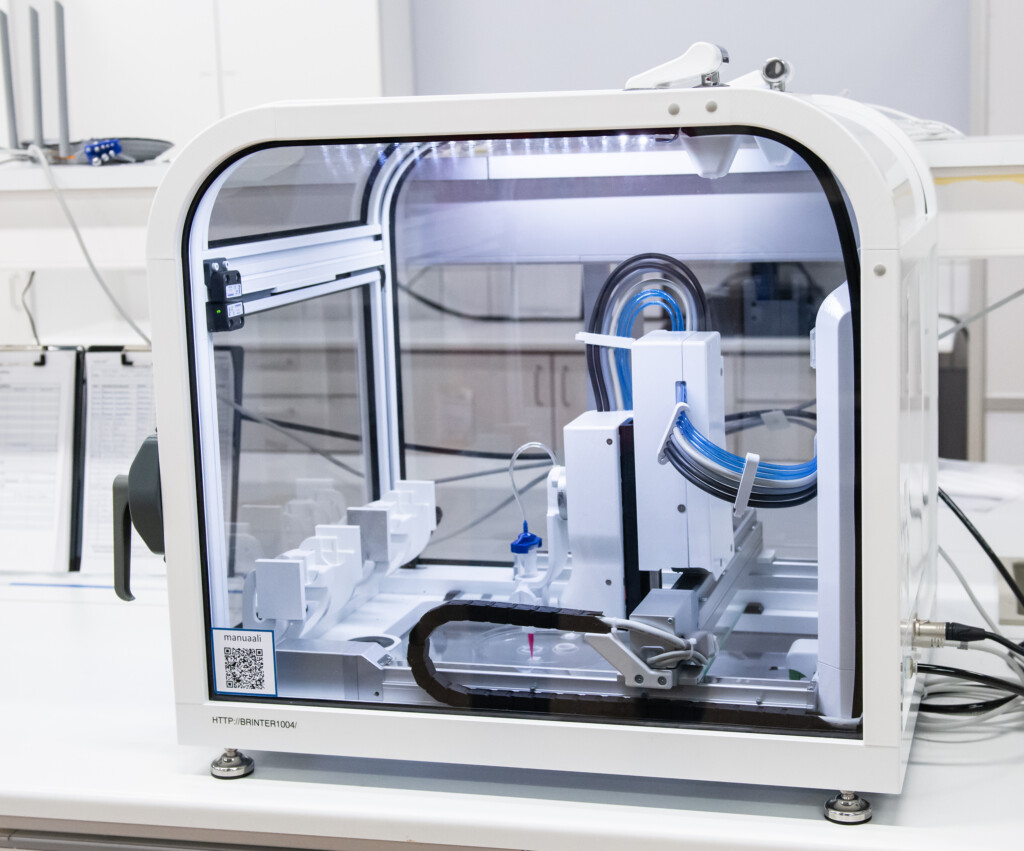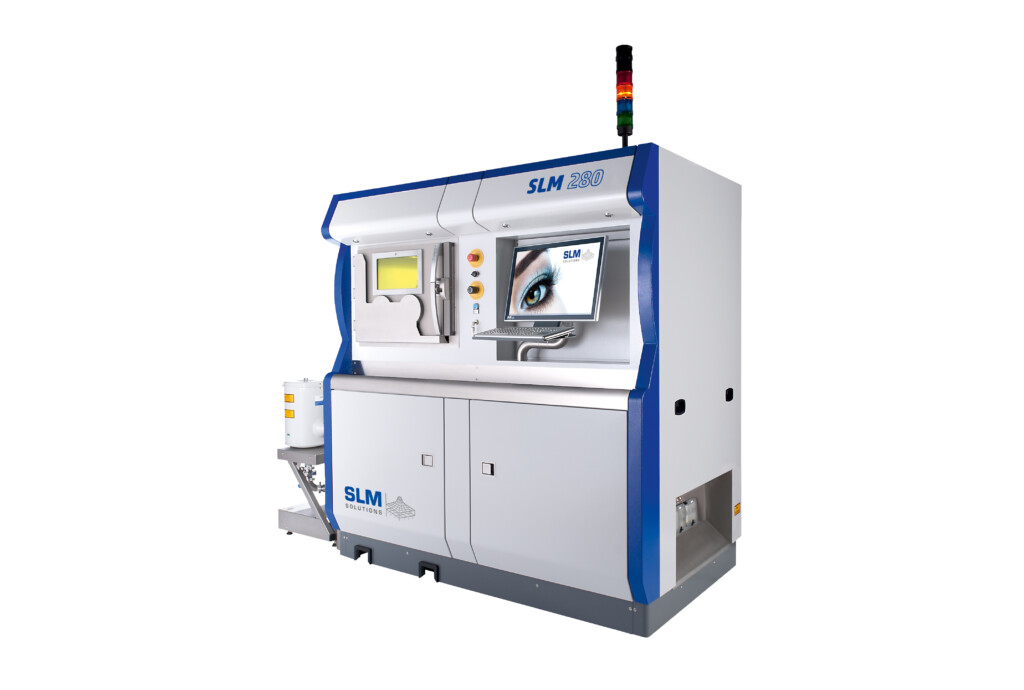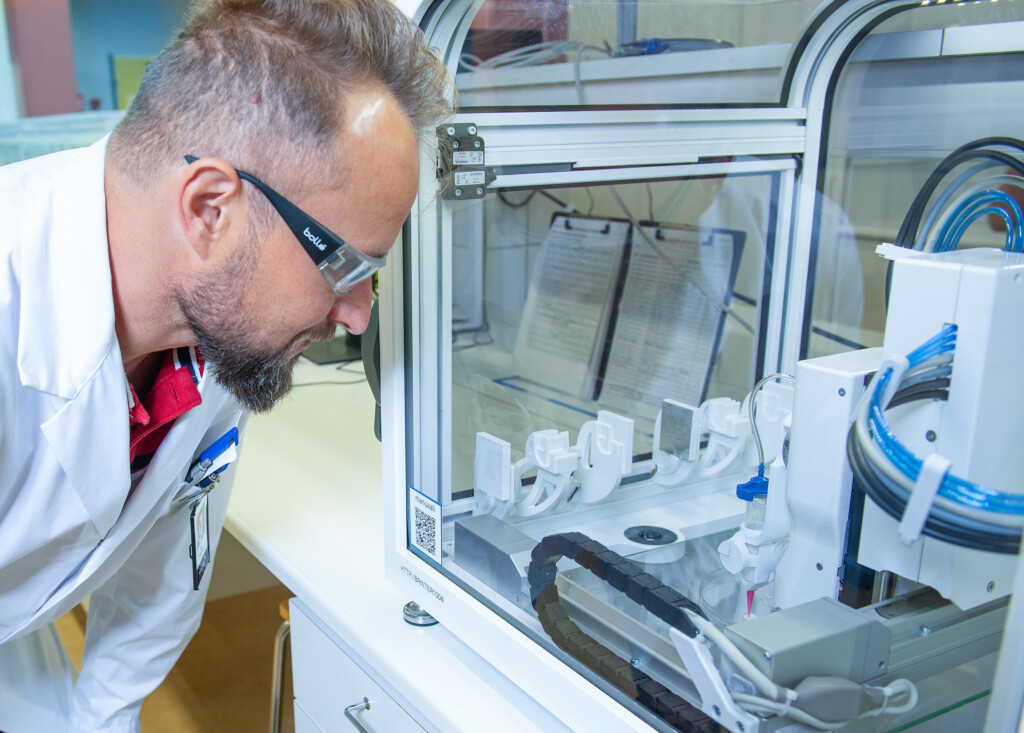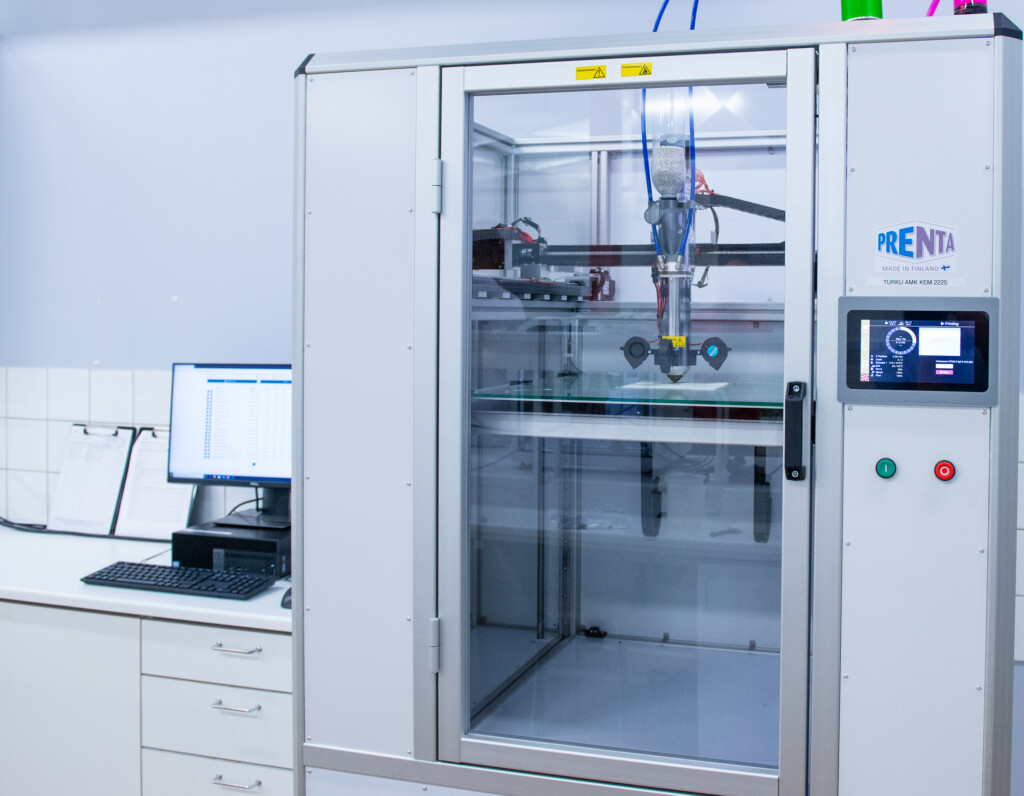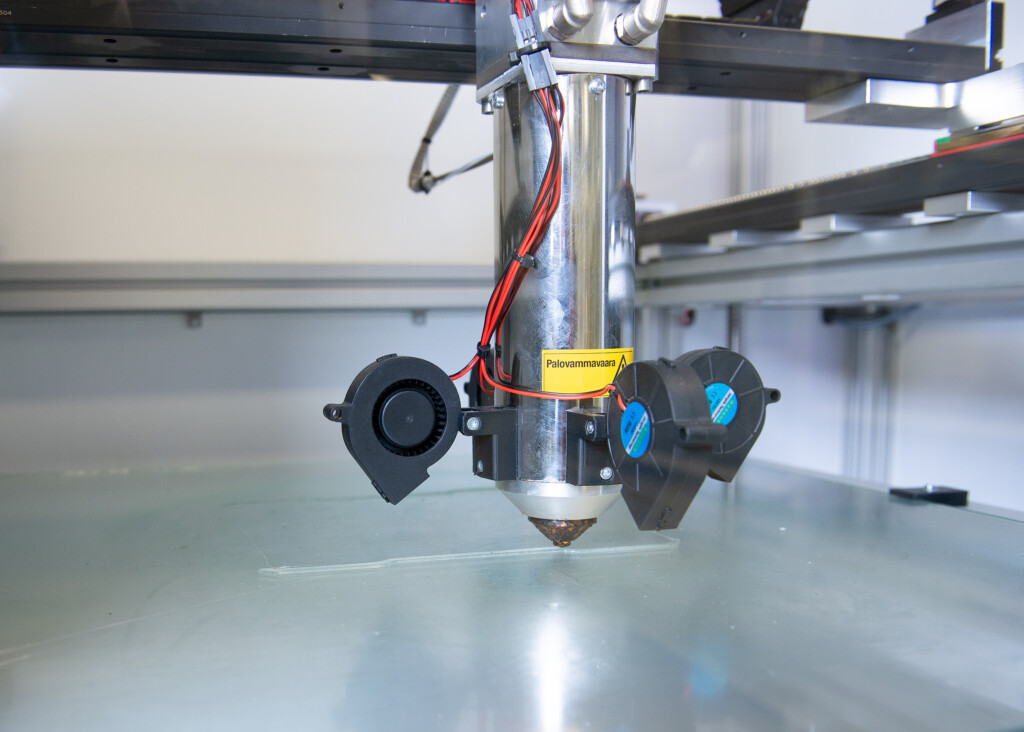Know-how
Turku innovation centre for additive manufacturing, TICAM, is more than the sum of its parts. The network of three universities is a nationally significant expert, developer and educator in 3D printing, each with its own specific areas of expertise.
TICAM 1+1+1=4
Turku University of Applied Sciences
University of Turku
In 3D printing, it is often necessary to reassess the entire manufacturing process, from the design of the product and printing methods to topological optimisation. Assessing the printing capabilities of the product and the quality of the product are also among the University of Turku’s strengths.
The use of additive manufacturing for novelty value alone is not worthwhile if the same product can be manufactured using traditional methods. Sometimes, however, redesign can give a product features that would not be possible with other methods. An example of this is complex geometries, which can radically reduce the mass or number of parts in the final product.
In addition to research and teaching, the University of Turku also provides 3D printing training services for businesses. The longer-term goal is to create an open and public database for industry as practical experience in 3D printing is gained.
Åbo Akademi
Creating a better and sustainable future is the fundamental reason of research and education in natural sciences and engineering. The Faculty of Science and Engineering develops solutions and processes that slow down climate change, promotes a cleaner environment and healthier sea, and finds methods for detecting, treating, and preventing diseases. Our ultimate goal is for people to prosper in a sustainable society. We conduct research in extensive co-operation with industries, research institutes, and other universities both nationally and internationally. The faculty operates in Turku and Vaasa.
The faculty is composed of nine subjects and subject clusters, and two separate units. The Faculty of Science and Engineering has about 350 employees, 1150 students and 200 doctoral students. 40 % of the budget is made up of external funding (about 4 million euro) and the research at the faculty is presented in about 540 publications a year.
Research at the Laboratory of Natural Materials Technology focuses on the utilization of biomass in the development of current and future environmentally friendly products and processes. Related education is an integral part of the Chemical and Process Engineering program at Åbo Akademi University. We offer BSc-level courses taught in Swedish, while MSc- and PhD-level courses are given in English. Additionally, we provide summer internships for students interested in gaining practical experience in natural materials technology.
In the field of additive manufacturing the research is focused on developing novel and innovative biomass-based feedstock for various 3D printing technologies, targeting application-specific properties, and optimizing structure designs. We have developed several bio-based solutions. One example is the biocomposites of natural polymers with thermoplastic polymers in service of melting extrusion printing, exhibiting applications in replacing fossil-based chemicals. We also developed several bio-based hydrogels integrated with photocuring ability by designing bio-based photocurable polymers. The hydrogels find solutions in medical treatment and energy production devices.
Ongoing RDI projects
Turku University of Applied Sciences
University of Turku
Åbo Akademi
- Centre for Additive Manufacturing for Life Science and Pharmaceutical Industry
- Exploiting Lignin-Carbohydrate Complex (LCC) through Artificial Intelligence
- Development of sustainable technologies for electrical energy storage based on biomaterials and 3D printing
- 3D CelluGel – Novel Bioinks 100% Based on Finnish Trees
- 3D Printing for Personalized Medicine and Customized Drug Delivery
- Printed Intelligence Infrastructure
Completed RDI projects:
Turku University of Applied Sciences:
- Lisäävän valmistuksen keskus bio- ja lääketeollisuudelle (AMBioPharma)
- Green 3D-printing for Dental Appliances
University of Turku
Åbo Akademi

